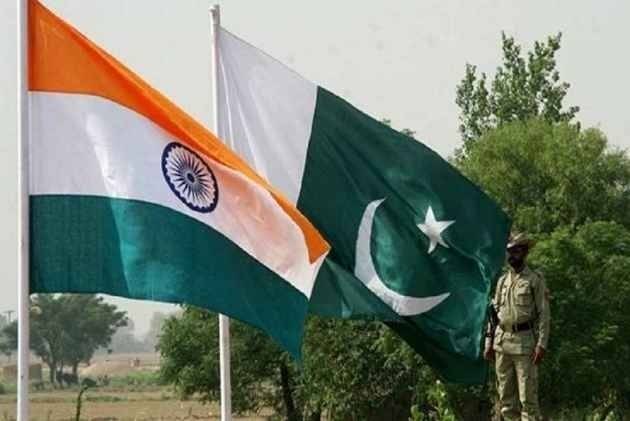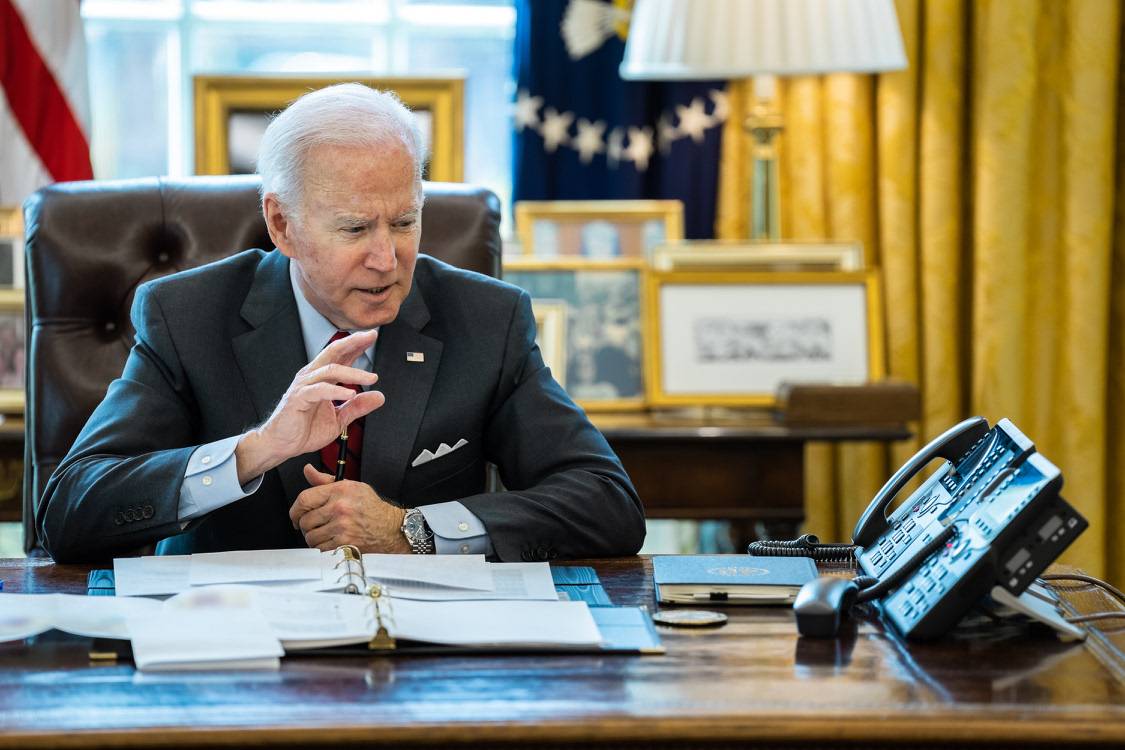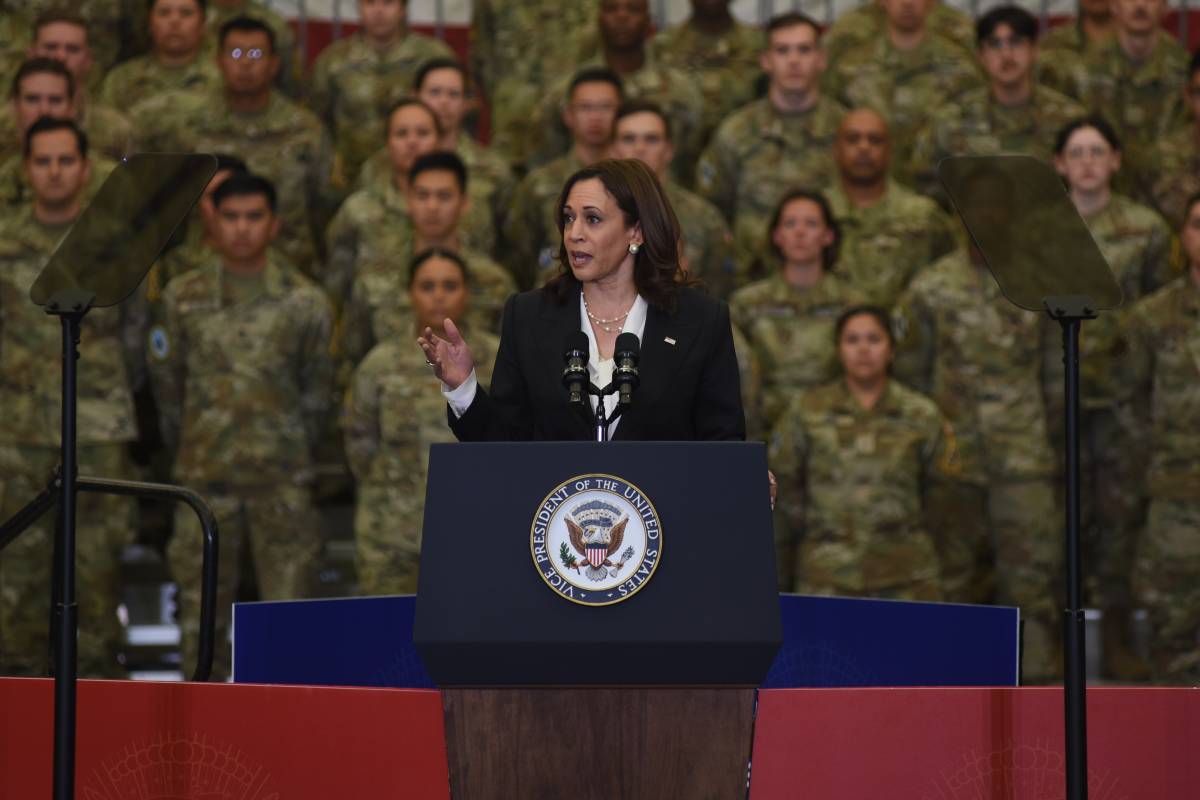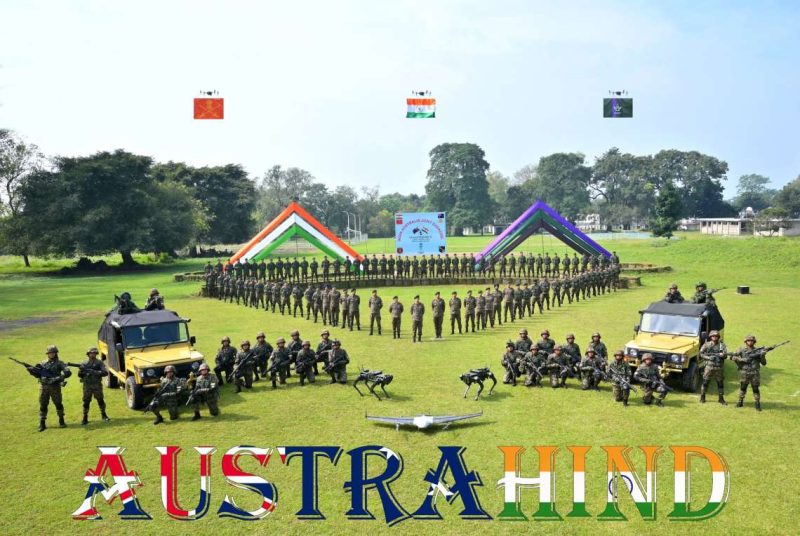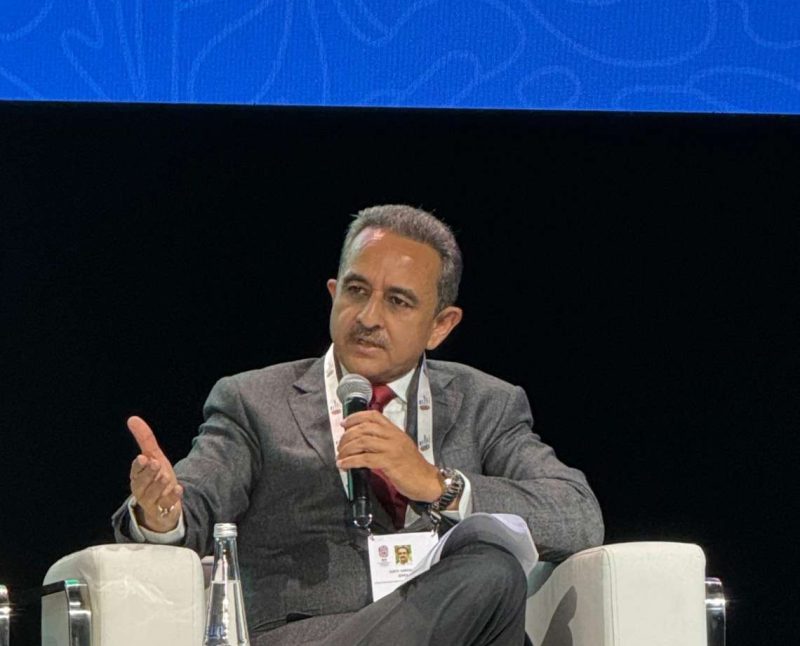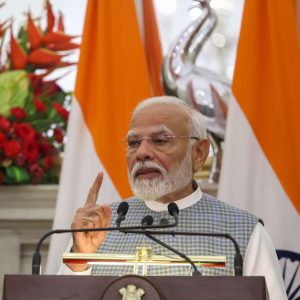The change in government in Islamabad can become a harbinger for not just restoring civility in relations between India and Pakistan but also give a push for normalisation of ties between the two neighbours…reports Asian Lite News
Unlike his predecessor Imran Khan, Prime Minister Shehbaz Sharif is neither a demagogue nor a megalomaniac who lives in an alternate reality. Quite to the contrary, Shehbaz Sharif is an experienced politician who understands the imperatives of improving relations with India.
Fortuitously, he will also have the support of the Pakistan Army in any initiative or outreach he makes towards India. For its part, India, while being cautious in engaging Pakistan, may not be averse to be willing to reciprocate to any move made by Pakistan.
While the congratulatory message of Indian Prime Minister Narendra Modi, and Prime Minister Shehbaz Sharif’s response was nothing out of the ordinary — it is normal for two heads of government extending courtesies — even this gesture is something of a change from the toxicity that defined the relations between the two countries during Imran Khan’s regime.
Going forward, it is to be expected that diplomatic decorum and decency, which had been thrown to the winds by the vituperative Imran Khan, will once again become the norm. This in itself would help in reducing the tensions and bitterness in the bilateral relations. More importantly, it will open the door to the possibility of some kind of engagement between the two South Asian neighbours.
There is no denying that mere change is style will not be enough to address some of the most vexing issues — territorial disputes, Kashmir issue, and of course, terrorism — that dog India-Pakistan relations. But the time has come for both the countries and in some ways Pakistan more than India, to distinguish between outstanding issues and existential issues that are threatening the very existence of that state.
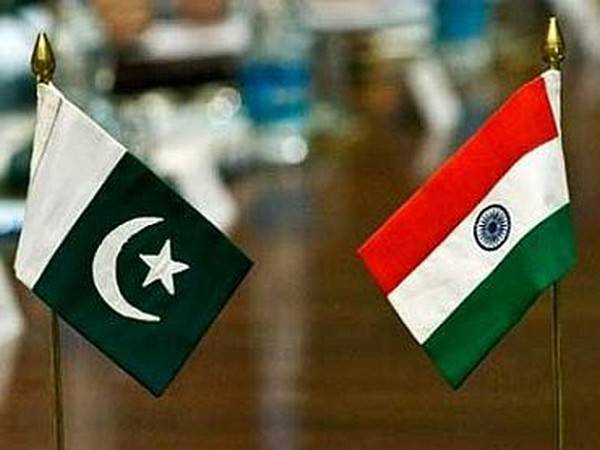
Many countries around the world have issues with their neighbours. Sometimes these are territorial, other times ideological and political, and in some other cases economic or related to environment or water or other administrative issues. Though most countries manage these issues through dialogue — they don’t wage war or proxy war to force the issue. Perhaps the time has come for Pakistan to also learn from experience of other countries and while it can keep its stand on some of the outstanding issues, it should not let these poison the well of bilateral ties or make the larger relationship with India hostage to these issues.
The focus should, however, be on the existential issues, some of which are specific to Pakistan; others are common to both the South Asian neighbours. Pakistan’s economy is on the brink of failure. It is caught in a debt trap and is staring at a default. Opening up to India — trade and connectivity — would only help Pakistan get back on its feet. There is really no downside to this. Other issues like radicalism and terrorism are common challenges.
Cooperation between the two countries will enable them both to get rid of the menace of terrorism and defeat radicalism. There is also the larger strategic scenario that confronts both countries. Until now, it has been a zero-sum game between them. They have both found themselves on opposite sides of the strategic contestation between Great Powers. But if they were to work together, their negotiating position would increase vastly and they can resist being buffeted by the pulls and pressures of Great Power politics.
The bottom line is that there is a lot more to be gained by both India and Pakistan if they normalise relations than if they remain daggers drawn. The economic benefits cannot be understated. Trade will help both in fighting inflation, preventing shortages of essential goods, provide markets and connectivity to both sides, and unleash synergies that have so far been blocked.
Cutting off trade or adopting beggar-thy-neighbour policies is akin to cutting your nose to spite someone else’s face. Trade and travel linkages enhance the physical and economic security of not just the state but also the society. What is more, it will contribute to political security. Instead of warily watching each other, both countries can focus on improving the lives of their citizens.
ALSO READ: Is Pakistan back on US side?
In the specific case of Pakistan, it can move from being a national security state to becoming a welfare state. In fact the influence of the military would be a catalyst to such a turn of events as the perceived threat from India would dissipate a few notches. If India and Pakistan can work together towards a brighter future, then it will naturally pave the way for a greater integration of the entire South Asian region. For Pakistan, the attendant benefit will be that CPEC notwithstanding Pakistan’s dream of being a viable bridge between West Asia and South Asia, and between Central Asia and South Asia would also see forward momentum. Some Pakistani politicians — Nawaz Sharif in particular — understood this.
Unfortunately, at that time the Pakistan Army wasn’t quite ready to accept this vision. But over the last few years, there are clear signs that the Pakistan Army is now even keener than the politicians to make the outreach form some kind of rapprochement with India.
The concept of geo-economics enunciated by the Pakistan Army Chief General Qamar Bajwa underscores this change of outlook. The Pakistan Army seems to have realised that the unending state of hostility is dragging Pakistan down and creating existential problems.
With both the civil and military authorities in Pakistan on the same page as far as an outreach to India is concerned, there is now an opportunity before both India and Pakistan to try and reset their bilateral relationship. If they grasp this opportunity, it can change not just the face of South Asia but also the dynamics of international politics; but if they waste the window of opportunity, then it will be tragic because such an opportunity will not present itself for many, many years.


